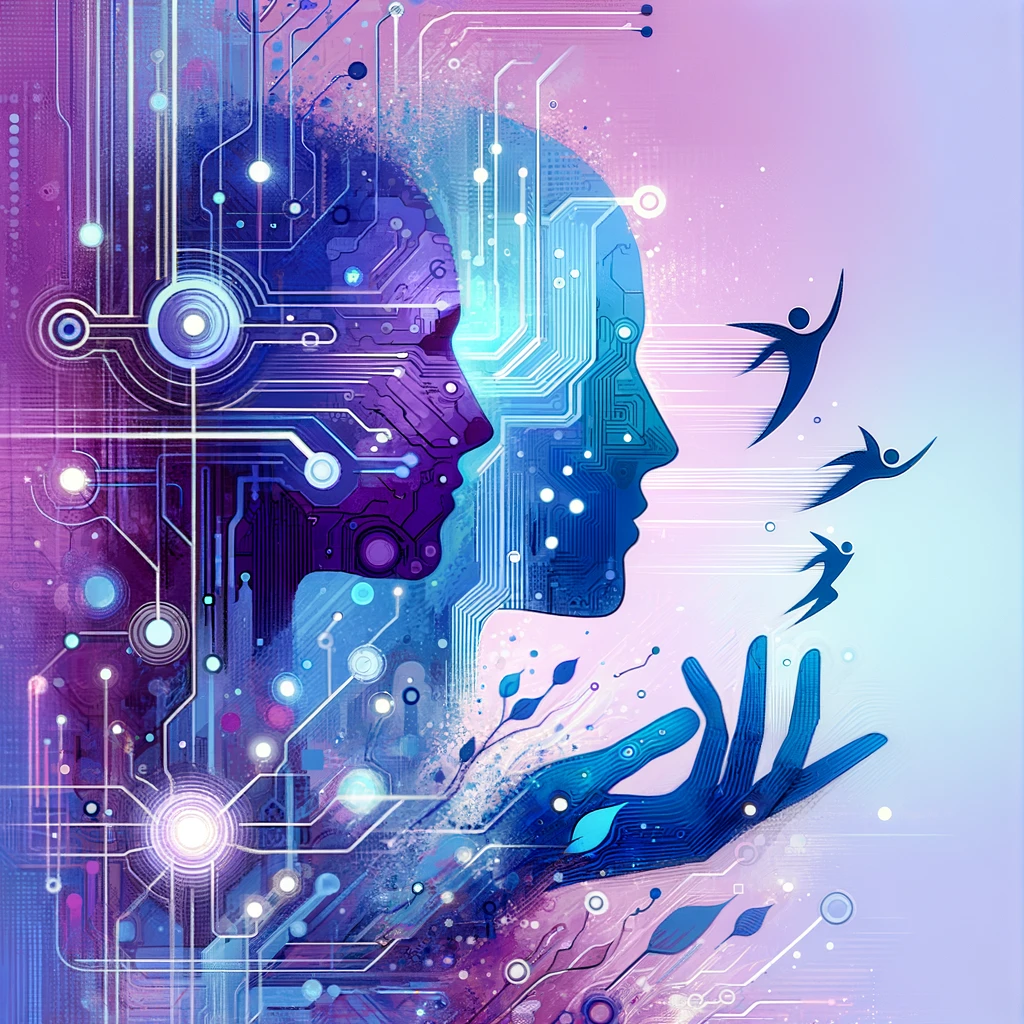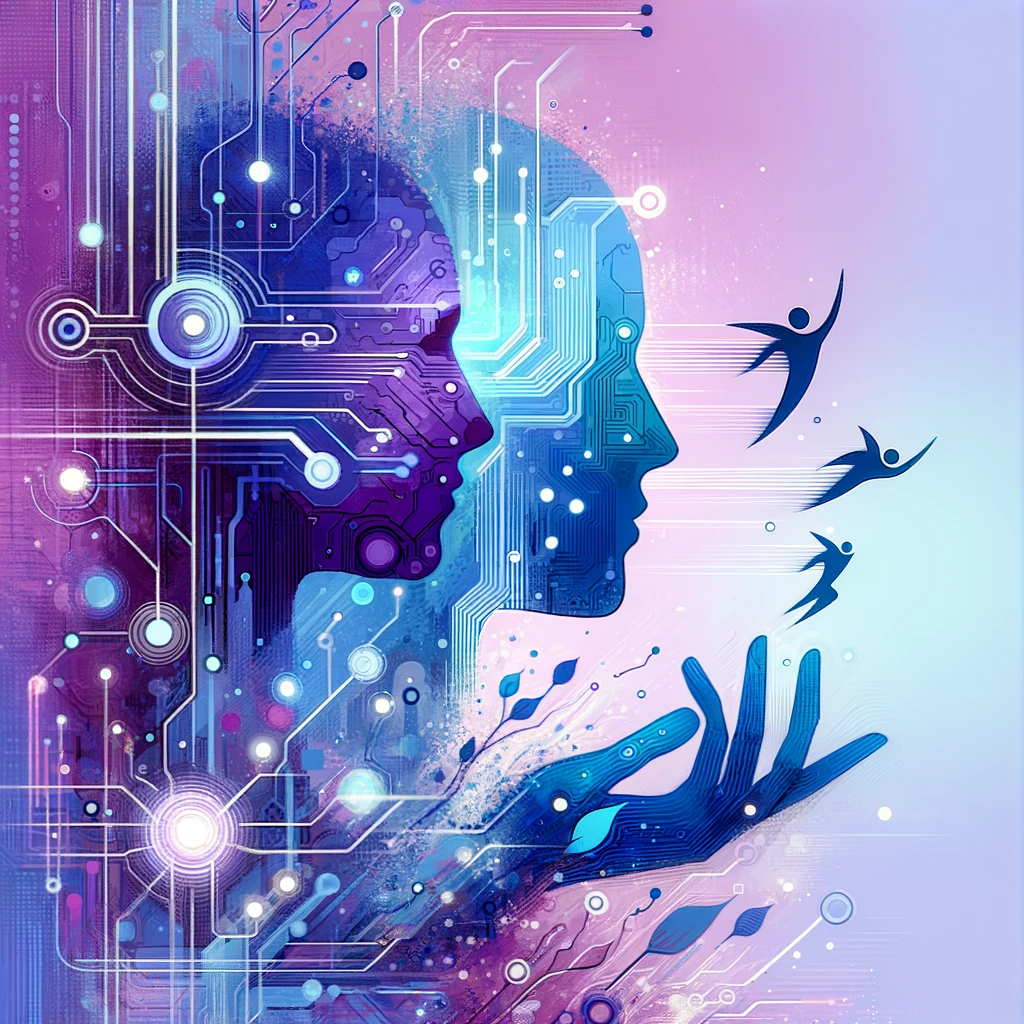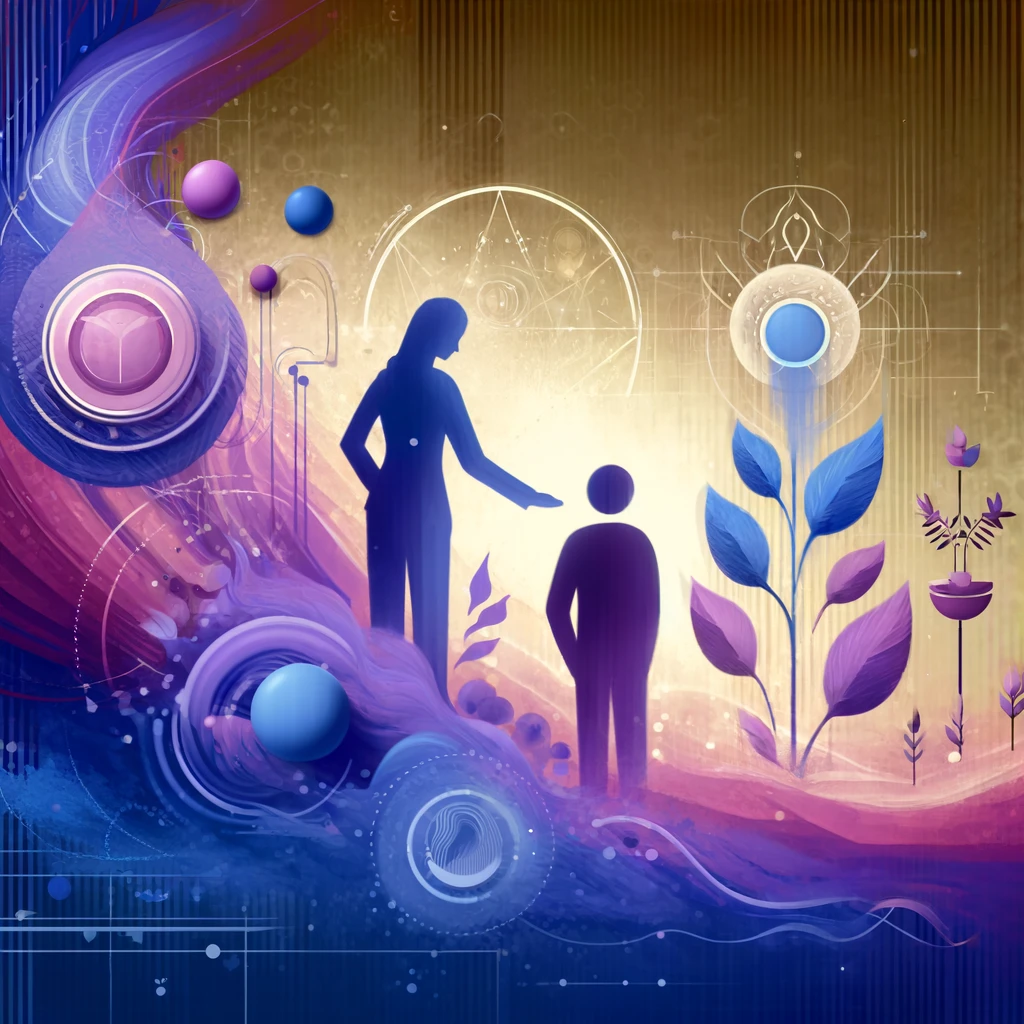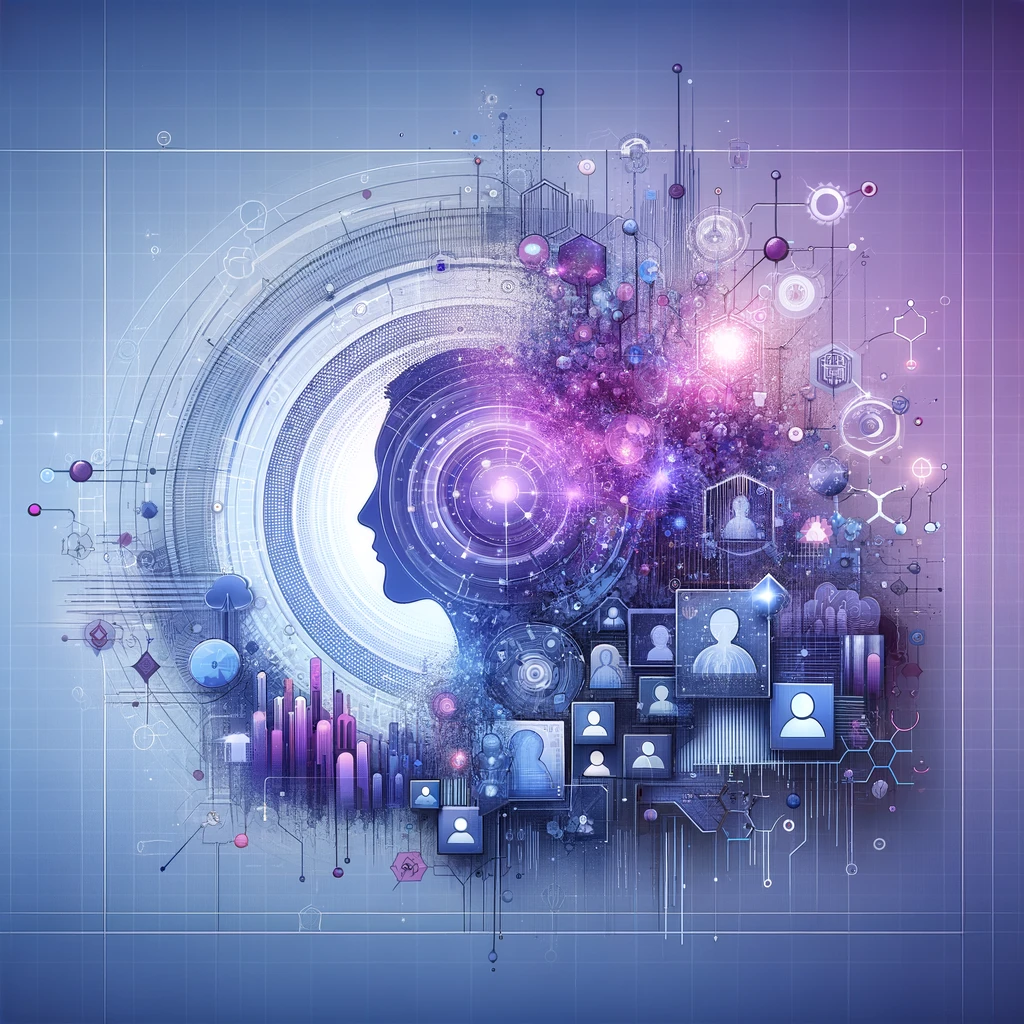Recruitment New Era: Integrating AI for Enhanced Efficiency
The recruitment landscape is undergoing a profound transformation, thanks to the advent of Artificial Intelligence (AI). This technological leap is not only streamlining tedious processes like resume screening but also enhancing candidate engagement through sophisticated chatbots. As we navigate this new era, it’s crucial to balance the scales between the efficiency of AI and the invaluable touch of human intuition.
Recruitment and AI: A Match Made in Efficiency
AI in recruitment is synonymous with efficiency. Automated resume screening, one of AI’s hallmark applications, sifts through thousands of applications, identifying the most promising candidates in a fraction of the time it would take a human recruiter. This not only speeds up the hiring process but also ensures that no potential talent slips through the cracks due to human oversight. Moreover, AI-driven chatbots are revolutionizing candidate engagement, providing instant responses and personalized updates round the clock. This level of interaction keeps candidates informed and engaged, significantly improving the overall candidate experience.
Manual resume sorting or the ATS data entry process can consume as much as 40% of a recruiter’s time. It’s frustrating, especially since 75% to 88% of submitted resumes for a job are unqualified. Automation enhances efficiency by streamlining these tasks, reducing human error, and allowing more time for tasks that require a human touch.
Navigating the Ethical Maze in Recruitment AI
However, the integration of AI into recruitment is not without its ethical dilemmas. Bias in AI algorithms is a significant concern. If an AI system is trained on historical hiring data that contains biases, it may perpetuate or even exacerbate these biases, leading to unfair candidate screening. It’s imperative for organizations to continuously monitor and update their AI models to ensure they promote diversity and fairness.

The Human-AI Collaboration in Recruitment
The essence of recruitment lies in making connections, understanding nuanced candidate profiles, and fostering relationships. While AI excels in efficiency and data processing, human recruiters shine in areas requiring empathy, emotional intelligence, and complex decision-making. The ideal recruitment process leverages AI for its strengths while reserving critical judgment and relationship-building for human experts. This symbiosis allows recruiters to focus on strategic aspects, such as candidate experience and employer branding, enriching the recruitment journey for all parties involved.
Recruitment’s Future: Ensuring a Balanced Approach
As we look to the future, the goal is not to replace human recruiters with AI but to create a collaborative ecosystem where each complements the other. Training AI with unbiased data, refining algorithms to prioritize inclusivity, and integrating human oversight at crucial decision points are essential steps in achieving this balance. Organizations that harness the strengths of both AI and human intuition will lead the way in attracting and retaining top talent.
Conclusion
The integration of AI into recruitment processes is not just a trend but a revolution that is here to stay. As AI technology evolves, so too will its applications in recruitment, promising even greater efficiency and enhanced candidate experiences. However, the heart of recruitment will always value human connection and intuition. By navigating the ethical implications and fostering a harmonious partnership between AI and human expertise, we can look forward to a recruitment landscape that is not only more efficient but also more equitable and human-centric.
To grasp the best practices for managing candidate privacy and data across platforms, delve into our comprehensive post, “HR and Candidate Privacy: Handling Important Data Across All Platforms.”









